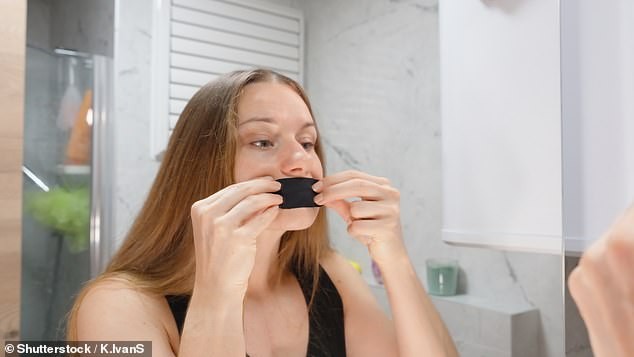Wake Up to the Truth: Your Nighttime Habits Could Be Shortening Your Life — and a Dentist Has the Plan
Dr. Mark Burhenne, online known as 'The Sleep Dentist,' brings more than two decades of experience to the question of why we sleep and breathe the way we do. His latest video has already drawn over 760,000 views, turning a dental practice into a viral conversation about sleep health. In the clip, he explains why seemingly harmless night-time habits like mouth breathing and snoring are real red flags — not minor annoyances, but signals your body may be struggling to stay healthy while you rest. "If you wake up with a dry mouth, you're not just thirsty — you're mouth breathing all night," Burhenne says. "That means more cavities, bad breath, and way less oxygen to your brain. Tape your mouth. Train your nose. It will change your life." Experts note that mouth breathing dries saliva, which protects against tooth decay and gum disease, and the pattern can affect heart health and brain function.

Mouth Breathing, Bruxism, and Snoring: The Hidden Nighttime Red Flags
Mouth breathing during sleep dries out saliva, a crucial defender against tooth decay and gum disease. It can also reduce oxygen flow, which affects energy, concentration, and heart health. Bruxism, or teeth grinding at night, isn't just stress. Burhenne says it's your airway trying to stay open. Over time it wears enamel, leads to jaw pain, and disrupts sleep. Snoring is often dismissed, but it's a warning sign. "It's your body begging for help, so treat it now, or you're fast-tracking high blood pressure, brain fog, and heart issues," he says. Health authorities also warn that regular snoring can be a symptom of sleep apnea, a disorder where breathing repeatedly stops and starts overnight, increasing cardiovascular risk and daytime fatigue if left untreated. Research shows that mouth breathing during sleep can be linked to broader health concerns, including heart disease and high blood pressure, and in children, untreated airway problems can affect jaw development, behavior, and growth. Early airway help is essential.

What to Do Now: Simple Steps From Nasal Training to CPAP, and Why Ignoring Sleep Issues Is Dangerous
For those chasing trendy 'biohacks' to fix their sleep, Burhenne offers a blunt reality check: you can’t biohack your way out of bad sleep. No amount of supplements, ice baths, or gadgets will compensate if your airway collapses at night. Treatments range from simple nasal training and mouth taping to dental devices, lifestyle changes, or CPAP therapy for more serious conditions. If you experience persistent snoring, dry mouth, teeth grinding, or unexplained daytime fatigue, seek advice from a GP or sleep specialist like Dr Burhenne. His message is simple: STOP ignoring your snoring. With sleep disorders on the rise in Australia, the message bears repeating. CPAP therapy uses a machine to provide a continuous flow of air through a mask for more serious cases, while other options include nasal training, mouth taping, and various dental devices.


